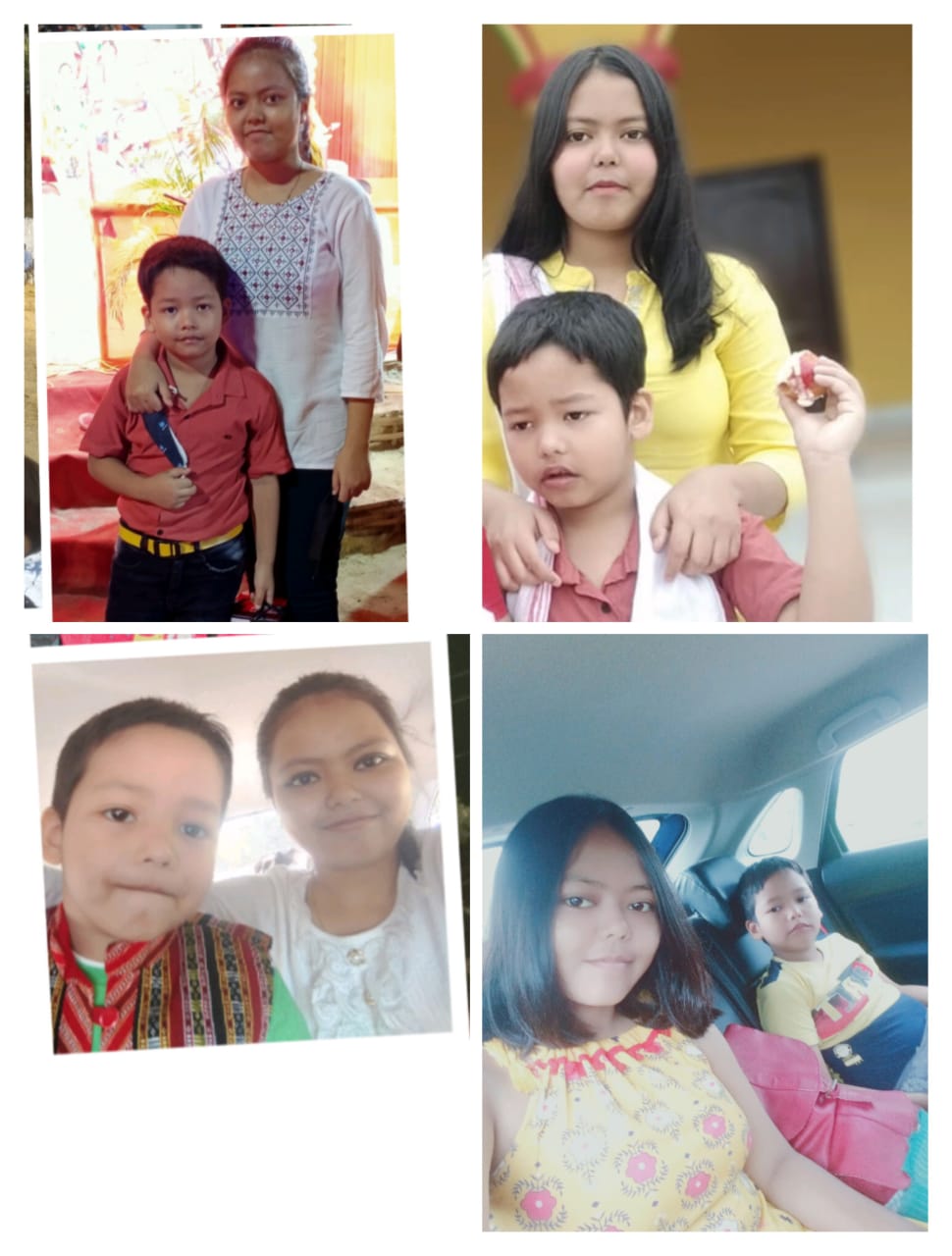
For too long, many families in Assam have faced a life of endless blood transfusions,
daily iron chelating treatments, and the constant worry about infections—all because
their children inherit thalassemia, a disorder that prevents healthy red blood cells
from forming. Regular transfusions aren’t a cure. They only keep children alive, often
leaving them weaker, at risk of iron building up in their organs, and dependent on
hospitals far from home.
In 2013–14, Assam’s government teamed up with Narayana Hrudayalaya in
Bengaluru under the “Sneha Sparsha” scheme. It provided support for bone marrow
transplants for kids under 12 with thalassemia and leukemia. But sending families to
Bengaluru was not easy. Many parents ended up choosing higher-risk “half-
matched” (haploidentical) transplants with either parent. And when disease carries a
social stigma, parents are often reluctant to test healthy children to see if they’re a
perfect donor match.
That’s why, in 2021, Dr. Bhubaneswar Borooah Cancer Institute (BBCI) in Guwahati
started its own Bone Marrow Transplant (BMT) unit. In just over three years, we’ve
done 44 transplants (both autologous, using the patient’s own stem cells, and
allogeneic, using a donor’s cells). Most exciting, our matched sibling transplants in
children have all been successful.
Take Bhitali’s story. She’s a 17-year-old with HbE/β-thalassemia who’s spent her life
on transfusions and carried too much iron. Last October, she had her spleen
removed to help cut down further transfusions. Then she spent six months on two-
drug chelation therapy to clear excess iron—because we don’t yet have on-site
scans to measure iron in organs. Her only perfect donor was her nine-year-old
brother, but he was too small for a bone-marrow collection. Instead, we gave Bhitali
a transplant of her brother’s blood stem cells. She had a relatively low dose—just 5
million CD34+ cells per kilogram—but no graft-versus-host disease, and no serious
infections, or poor graft function. By day 9, her white blood cells bounced back. By
day 14, her platelets recovered. She left the hospital on day 21, fully healed and
ready to thrive.
Why does this matter beyond one success story?
• Families stay together in Guwahati, instead of uprooting for months.
• Follow-up care happens close to home, making it easier and cheaper.
• We’re building local expertise—training doctors, nurses, lab techs—to serve all of
Northeast India.
• Our unit grew from a single makeshift cabin to a five-bed, hepafiltered-air BMT
ward with its own cryopreservation room (a facility to preserve collected stem cells
for long time in very low temperatures). That wasn’t just bricks and mortar—we also
trained every team member to meet strict safety and quality standards.
Next year, under the PM-DeViNE initiative, BBCI will open a combined Adult
Hematology and Pediatric Oncology unit. We’ll double our BMT beds, add step-down
recovery rooms, bring advanced HLA-typing labs on site, and house
everything—from pre-transplant tests to ICU care and post-transplant
endoscopy—under one roof. A child referred today will have every step of their cure
managed in Guwahati, by a coordinated team that knows them and their family.
Assam has one of India’s highest prevalence of thalassemia, sickle cell disease,
HbE disease and co-existing complex hemoglobin disorders. It’s time for a bold
move: back our homegrown BMT program, expand it through PM-DeViNE, and give
every child the best shot at a cure. For those without matched siblings, we’ll keep up
transfusions and chelation until our own HLA registry can find unrelated donors. And
we must discourage risky haploidentical transplants when a safer, fully matched
option is within reach.
From Bhitali’s new lease on life to the hundreds of families still waiting, BBCI’s BMT
team is committed to turning thalassemia from a lifelong struggle into a story of
hope—and cure—right here in Assam.
-Dr. Asif Iqbal, MD, DM, FRCPath UK
The author is Associate Professor of Hematology, Deptt of Medical Oncology, and Officer I/C
of the BMT unit at BBCI, and is involved with the program since its inception.